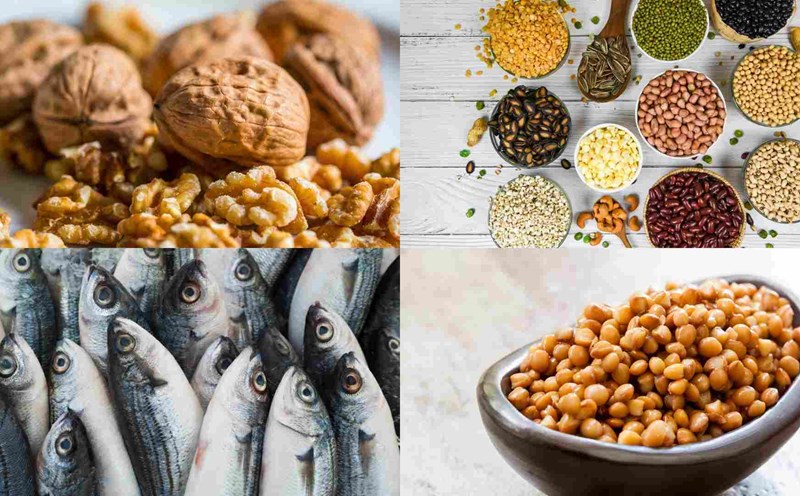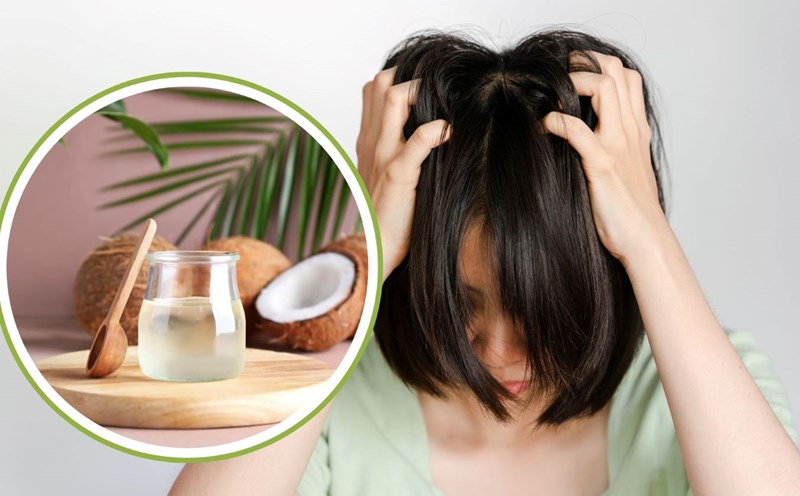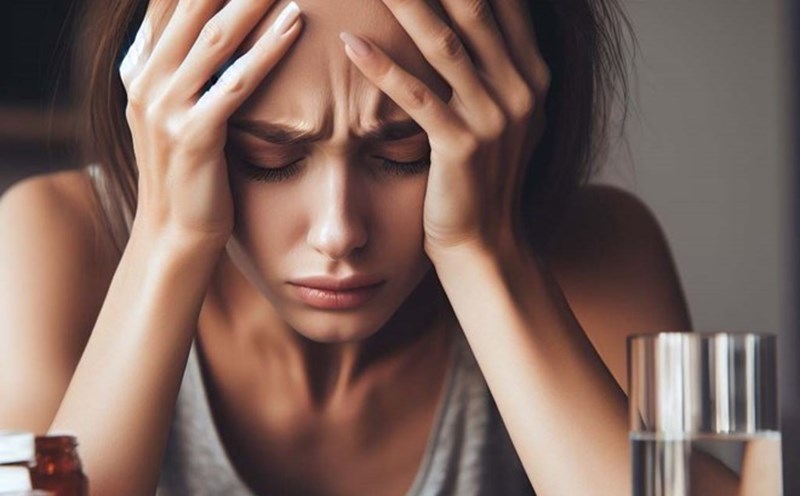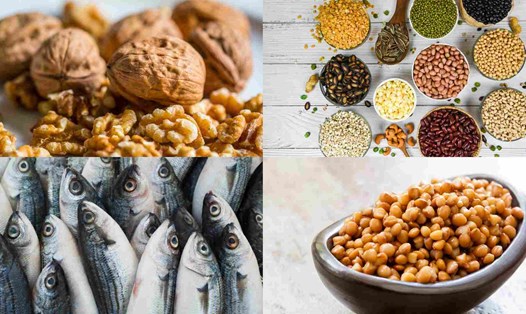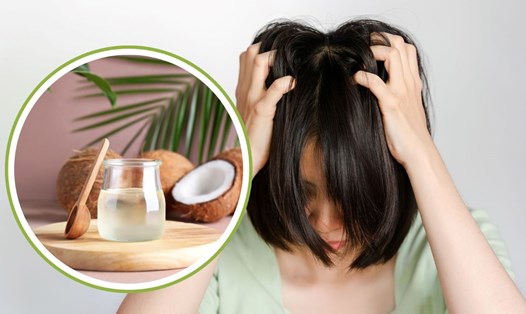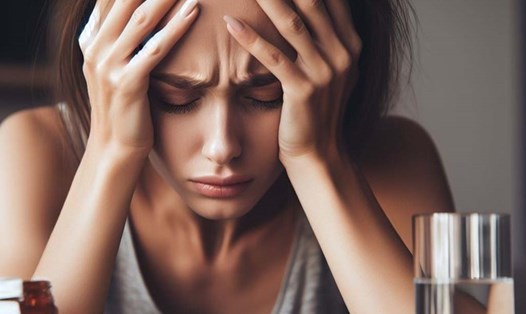How do estrogen levels change during menopause?
According to Dr. Nancy Nagpal, Gynecologist, Salubritas Medical Center, South Delhi (India), during menopause, estrogen (female sex hormone) levels decrease sharply. Estrogen is mainly produced in the ovaries, and when the ovaries stop functioning during menopause, estrogen production also decreases significantly.
Perimenopause (before menopause) typically lasts anywhere from 2 to 10 years. During this time, estrogen levels can fluctuate quite dramatically. Estrogen levels may rise and fall with each menstrual cycle, causing symptoms like hot flashes, night sweats, and mood swings.
Menopause is officially defined when menstrual periods have stopped for 12 consecutive months. At this point, estrogen levels drop to very low levels. This can cause symptoms such as vaginal dryness, decreased bone density (since estrogen has a protective role for bones), and cardiovascular problems because estrogen affects blood vessel health.
After menopause, some estrogen is still produced by fat tissue and the adrenal glands, but in much less amount than before.
It is this change in estrogen levels that causes many of the symptoms of menopause.
How do low estrogen levels affect skin health?
Low estrogen levels, especially during menopause, can cause dry, itchy skin, due to a decrease in natural oils and collagen, making the skin thin and prone to irritation, says Dr. Nagpal.
According to the International Journal of Women's Dermatology, estrogen deficiency also contributes to skin aging, increasing skin damage in postmenopausal women. Studies have shown that topical estrogen and soy isoflavones have estrogen-like effects, helping to improve moisture, elasticity, and overall skin condition.
How to balance estrogen levels and reduce itchy skin?
Using selective estrogen: This is a method to help supplement estrogen for the body but only affects some necessary parts, helping to reduce symptoms such as dry skin.
Lubricants and moisturizers: Use these products to reduce skin dryness and improve comfort.
Phytoestrogen-rich diet: Foods like tofu, flaxseeds, and soybeans have estrogen-like effects, which help support skin and overall health. Foods rich in vitamin D, calcium, protein, and green vegetables are also important.
Avoid processed foods and too much sugar: These foods can make dry skin worse.
If itching or dry skin symptoms persist or you have problems with vaginal health or bone density, you should seek medical advice for timely and effective treatment.

